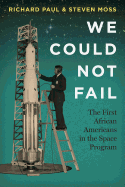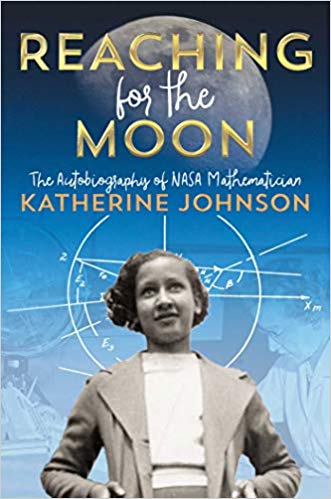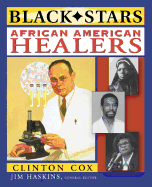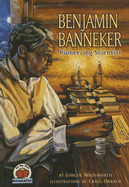We Could Not Fail: The First African Americans in the Space Program
$17.95
Description
Table of Contents:
1. A Man of Firsts: Julius Montgomery
2. “There Was a Lot of History There”: Theodis Ray
3. Stronger Than Steel: Frank Crossley
4. Dixie’s Role in the Space Age
5. First of Race in Space: Ed Dwight
6. The View from Space: George Carruthers
7. “Huntsville It Has Always Been Unique”: Delano Hyder and Richard Hall
8. The Country Spartacus: Clyde Foster
9. Water Walkers: Morgan Watson and George Bourda
Appendix: Relevant Census Numbers on Employed Professional and Skilled Labor for NASA Host States
Commendation Quotes:
“This is a wonderfully surprising book that explores the impact and the struggles of African Americans involved in NASA and the early days of the space program a story that is little known but is well told by Richard Paul and Steven Moss. This is not just the history of a few pioneering individuals; rather this work provides insight into the struggle to obtain civil rights by contextualizing how the space program was integrated and how it helped to shape the movement for racial justice in the 1960s. This work broadens our understanding of this period of turmoil and change.”
Commendation Quotes:
“Wonderfully written and expertly researched We Could Not Fail is a skillfully paced real-life narrative of the surprising but profound impact African American engineers and technicians NASA and space exploration had on race and segregation in the Jim Crow south. Richard Paul and Steven Moss have produced an engaging book that provides a much-needed window into how public policy mass protest personal talent character and perseverance–alongside bold national ambition and vision–connected to change a nation. This is a ?must read? book particularly at a time when we are once again openly struggling with the role of government in ensuring opportunity and civil rights for all our citizens.”
Publisher Marketing:
.The Space Age began just as the struggle for civil rights forced Americans to confront the long and bitter legacy of slavery discrimination and violence against African Americans. Presidents John F. Kennedy and Lyndon Johnson utilized the space program as an agent for social change using federal equal employment opportunity laws to open workplaces at NASA and NASA contractors to African Americans while creating thousands of research and technology jobs in the Deep South to ameliorate poverty. We Could Not Fail tells the inspiring largely unknown story of how shooting for the stars helped to overcome segregation on earth.
Richard Paul and Steven Moss profile ten pioneer African American space workers whose stories illustrate the role NASA and the space program played in promoting civil rights. They recount how these technicians mathematicians engineers and an astronaut candidate surmounted barriers to move in some cases literally from the cotton fields to the launching pad. The authors vividly describe what it was like to be the sole African American in a NASA work group and how these brave and determined men also helped to transform Southern society by integrating colleges patenting new inventions holding elective office and reviving and governing defunct towns. Adding new names to the roster of civil rights heroes and a new chapter to the story of space exploration We Could Not Fail demonstrates how African Americans broke the color barrier by competing successfully at the highest level of American intellectual and technological achievement.
312 pages






Reviews
There are no reviews yet.